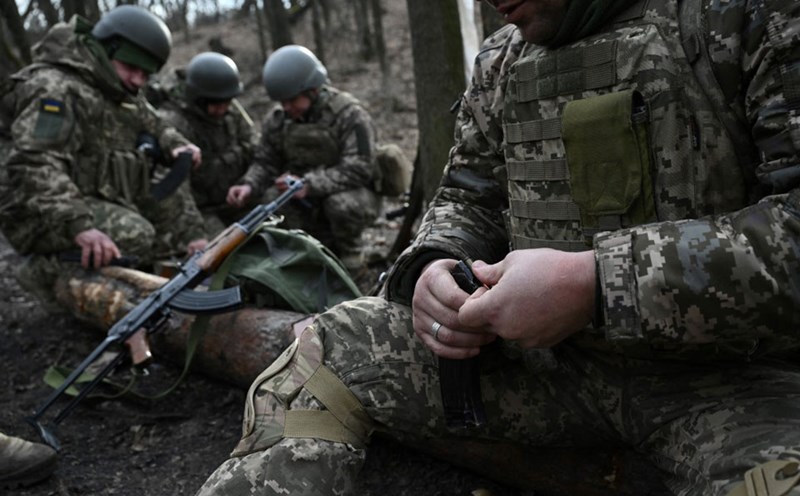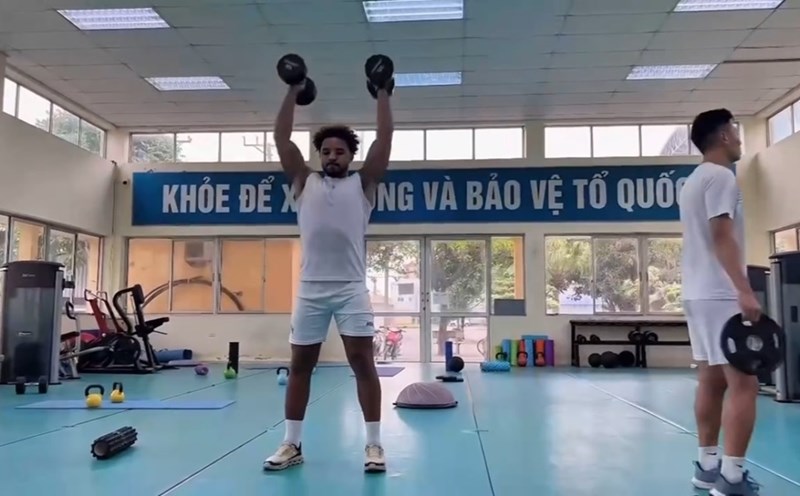FIFA has issued a proposal for a new international competition schedule, in which Arsene Wenger is responsible for transferring the plan to the members of the federation.
The intention of the football management agency is to rearrange the current competition schedule that is too tight and reduce the number of international competition sessions so that players do not fall into a state of fatigue due to having to travel a lot during the season for national teams.
2 FIFA calendar proposals
According to FIFA documents, the organization has sent member federations two different options in an effort to eliminate the current team gathering plan, including September, October, November, March and June.
FIFA is hoping to convince the Federations to agree on the new schedule and they are confident that it will do so before December next year. The new proposed schedule will be adjusted according to the schedule of each regional federation.
Accordingly, with option A, the season will start in August, end in June next year and will have only one national team gathering, lasting for 4 weeks in October. In this plan, the training session in September, November and March will be eliminated and international tournaments will take place in June, while July is the mandatory rest month for players.
Option B is that the season starts in August and ends in May, but there will be 2 national team training sessions in between the 3 weeks in October and 2 weeks in March. International tournaments are still held in June, and in July, players will rest.
Explaining these options, Mr. Wenger said: "The opportunities for us to come together are very few and very far, but it must be taken because it helps us all protect the unique position that football has in the world and make it truly global," Wenger said last Monday.
Players' health
As the head of global football development at FIFA, the former Arsenal coach is taking part in discussions on player health, team time and new plans for the World Cup held every two years.
He is particularly concerned about the health of the players. FIFA estimates that Lionel Messi has traveled about 324,000km from 2014 to 2018. During the same period, Costa Rica player Bryan Ruiz even traveled on a journey of up to 377,000km.
Meanwhile, if the federations agree to one of these proposals, African players like Sadio Mane will not have to travel up to 272,000km, Japanese player, Makoto Hasebe, will not have to travel through a 314,000km journey and a European player like Harry Kane will hardly have to travel up to 40,000km.





